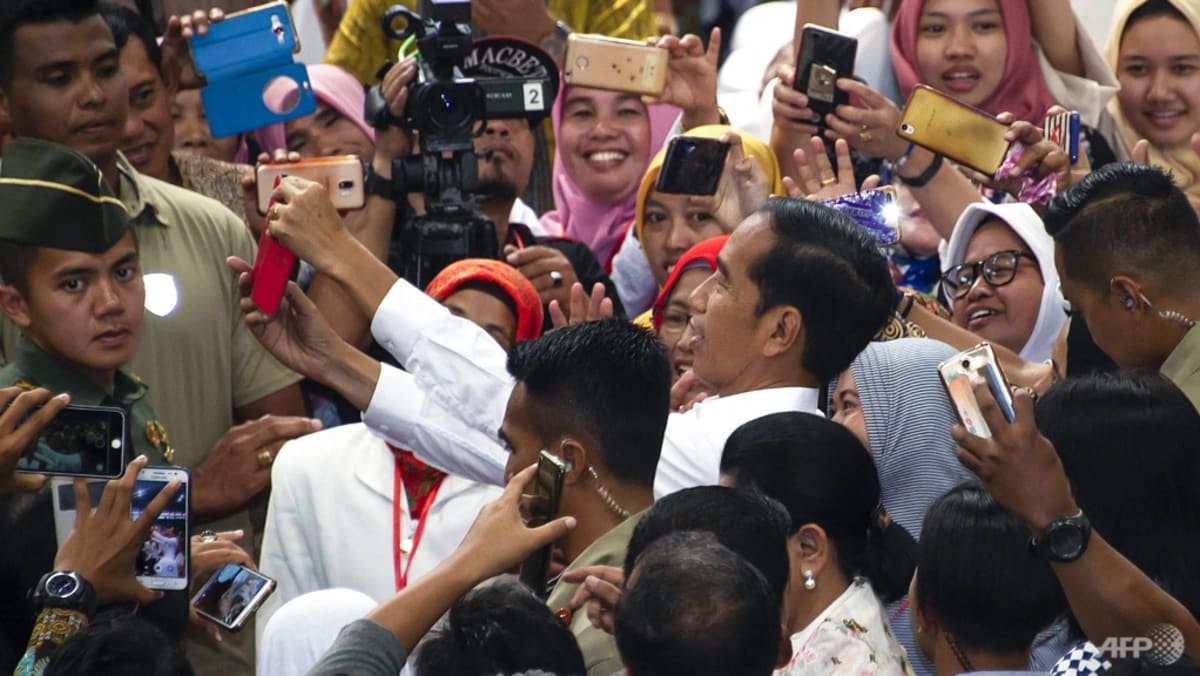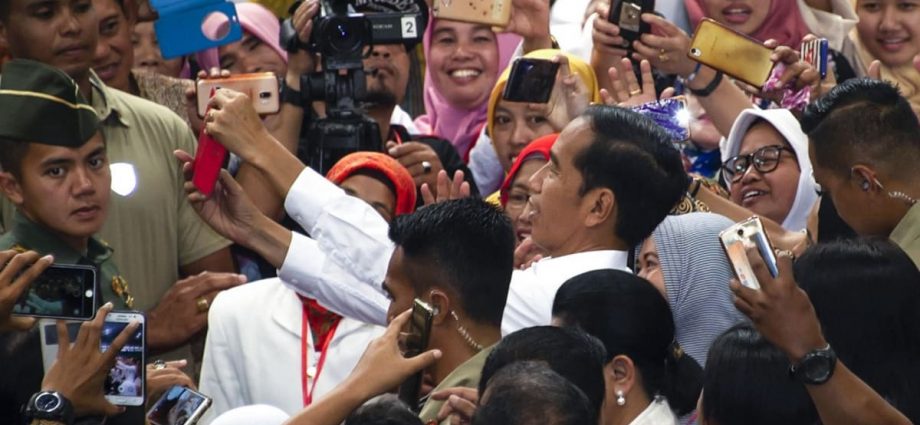
PAST VERSUS THE PRESENT
Third, in 2014, when Joko Widodo and former general Prabowo Subianto ran for presidency, the narrative was about “the past versus the present”. Prabowo was seen to represent “the past” due to his ties to the New Order regime, while Jokowi was considered “the hope” or “the future”. The narrative advantaged Jokowi, who appeared more able to attract Millennial voters than Prabowo.
For the next elections, however, potential candidates are likely to represent “the present”, with the exception of Prabowo who at 71 is running for election once again. The majority of candidates projected to run in 2024 are under 60 years of age and none is considered to have ties to “the past”.
In the lead-up to an election year, Indonesia faces challenges tougher than those of 2014 or 2019. The country is still reeling from COVID-19 and remains in the recovery phase. Unemployment continues to rise. The prospect of global recession looms over the country’s economy and threatens its post-pandemic recovery.
In short, things are harder in Indonesia than they were five or 10 years ago. In light of those challenges, voters expect their future leader to come up with effective solutions to address those issues.
In Indonesian politics, the critical decision for voters is not whether to vote Left or Right, but about what candidates can offer to make life more bearable for ordinary citizens.
Muhammad Ersan Pamungkas is a Jakarta-based linguist and translator. This commentary first appeared on Lowy Institute’s blog The Interpreter.

